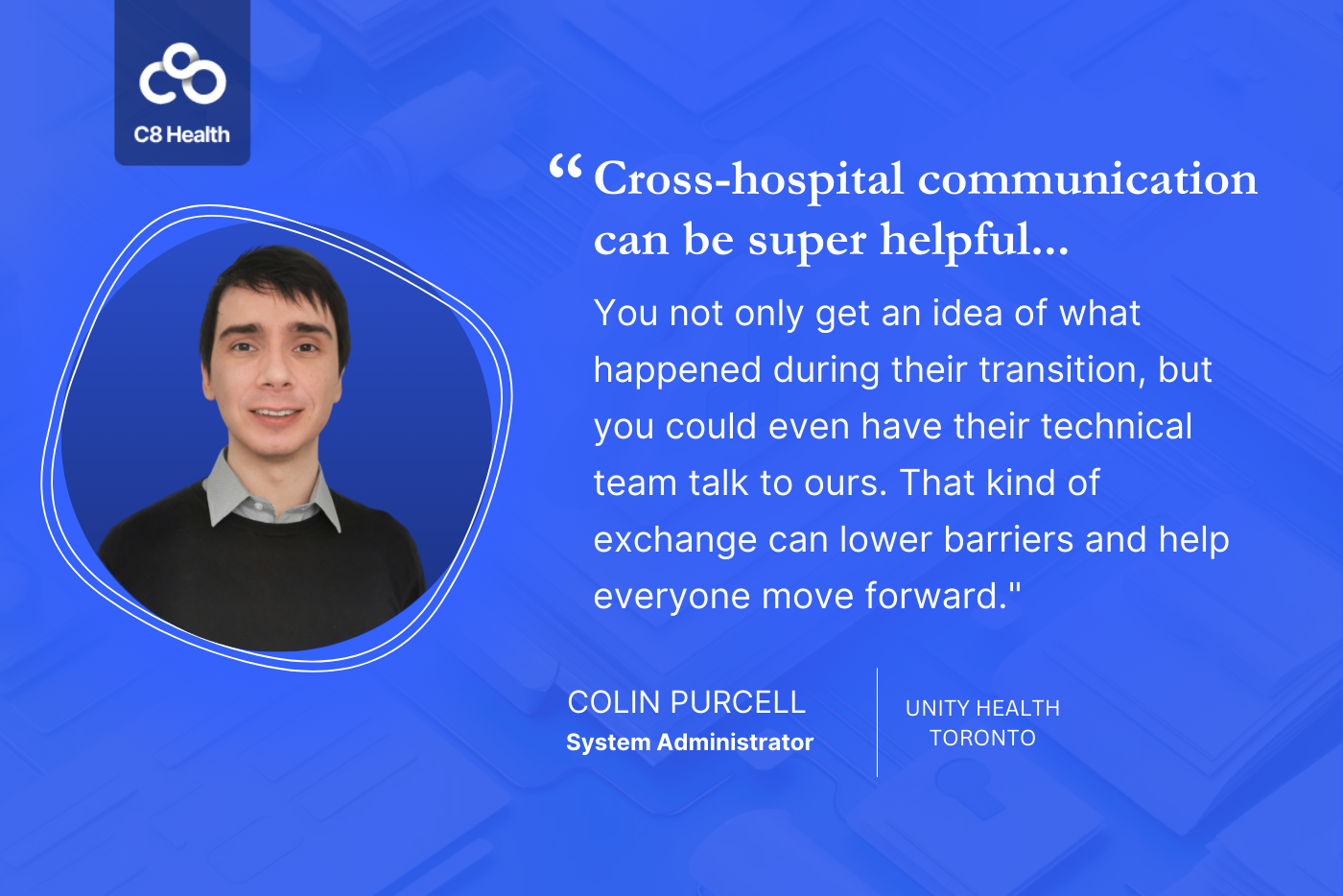3 Things Hospitals Can Do to Prevent Burnout
Discover how your healthcare organization can improve staff well-being and patient care through various solutions.


Medical Doctor Expertise Clinical Research, Medical Peer Reviewer and Independent Medical Evaluator, Knowledge management, Patient care Education Ross University School of Medicine- Doctor of Medicine (MD), Medicine, Florida State University College of Medicine- Doctor of Medicine (M.D.), Internal...
See Full BioLearn about our
Editorial PolicyPublished August 6, 2024.
Healthcare providers are facing an unprecedented crisis: burnout. Exhausted, overwhelmed, and underappreciated-frontline healthcare workers are struggling to cope with the relentless demands of their jobs.
The consequences of burnout are far-reaching. Patient care suffers as fatigued staff make medical errors. Hospitals face increased turnover rates and difficulty recruiting new talent. This all creates a ripple effect of problems that impact the entire healthcare system.
It's time to prioritize the well-being of the staff. Below, we explore some strategic changes hospitals can use to support their providers and ensure their long-term sustainability.
» Want a solution that addresses healthcare burnout? Implement a knowledge management system
Causes Behind Burnout In Hospitals
We can break down the main causes of burnout into the following [1]:
- Patient volume
- Administrative load
- Low salary
- Job insecurity
- Access to resources in the workplace
One of these affects hospitals the most: low salaries. To compensate, providers treat more patients, which lowers the quality of care. Rate gaps between specialties only make the matter worse, as do some facilities that allow them to treat as many patients as they can handle.
» Read up on the importance of collaboration in nursing
3 Solutions for preventing burnout in hospitals
1. Empower and Support Providers
Several solutions that can indirectly empower providers and prevent burnout:
- Autonomy is essential for healthcare providers. They should have the flexibility to manage their workload based on the number of patients they have to treat.
- Adequate reimbursement shows them the organization values their time, expertise, and dedication.
- Availability of paid time off (PTO) varies across specialties and hospitals. Some facilities are more generous than others. Its impact, however, is questionable. Some could decide to work extended hours throughout the year to earn more PTO, which can cause burnout.
» Explore strategies for reducing burnout specifically in physicians
2. Reduce Administrative Load
From what I've seen, the lack of administrative help persists in healthcare. Providers without it have to do prior authorizations and input medication refills on their own. They also answer everything in their inbox, which can take its toll after a while.
Are you looking for a solution that impacts administrative workload? C8 Health centralizes a hospital's approved and vetted medical information and automates and simplifies the dissemination of this knowledge to care providers. Clinicians can access the information they need quickly, with natural language queries giving answers in real time. This reduces the administrative burden of locating the latest care protocols and helps medical teams get back to treating patients without breaking their workflow.
Our latest white paper covers common struggles healthcare organizations have when dealing with administrative workload and how knowledge management can help.
» Lead the new era driven by cloud-based health administration
3. Leverage Technology
Some tools can reduce provider workloads and prevent of burnout. A universal EMR system-like the one used by the NHS in England-could simplify the sharing of information between providers and improve care continuity.
On the other hand, telehealth is a convenient way to deliver care. Although it's not suitable for every case, it's accessible. Clinicians can use it to schedule quick consultations and medical reviews. This approach also lessens the load on front-desk staff that receive patients.
» Check out the pros and cons of health information technology
Does Each Specialty Experience Burnout in the Same Way?
Different roles have varied challenges. The front desk staff is the first point of contact for patients. They often deal with emotional situations, answering questions from patients worried about their health.
Nurses have similar duties, but they also need to attend to patients while handling administrative tasks quickly. That's not all. What happens if a hospital is understaffed? Their tasks pile up until they can no longer handle them and burn out.
» Discover ways to improve patient satisfaction scores
In recent years, there's also been a growing recognition of the impact of patient behavior on provider stress levels. [2] According to a survey, one in three doctors in the UK suffered physical or verbal abuse during the Covid 19 pandemic. [3] How do we solve this issue? By growing awareness and setting expectations for respectful interactions in hospitals.
In any case, not every provider handles these workplace issues the same way. Some may be more sensitive to workload and emotional stress, while others may remain unaffected. That's why every hospital needs tailored support methods to address its unique problems.
» Explore our extensive list of knowledge management statistics
Building Staff Resilience
Burnout among healthcare professionals is a critical issue with far-reaching consequences for both staff and patients. To solve this problem, hospitals must prioritize the well-being of their employees.
By implementing the strategies above and investing in wellness programs, hospitals can reduce burnout rates, improve patient care, and create a healthier and more sustainable workplace for their staff.
» Prevent healthcare burnout by reducing administrative load with a knowledge management system
Disclaimer: Our content serves informational purposes only and shouldn't replace the advice and services of qualified professionals. While we strive for accuracy, we cannot guarantee an entirely error-free experience. C8 Health will not be liable for any losses or damages resulting from the use of our content.






